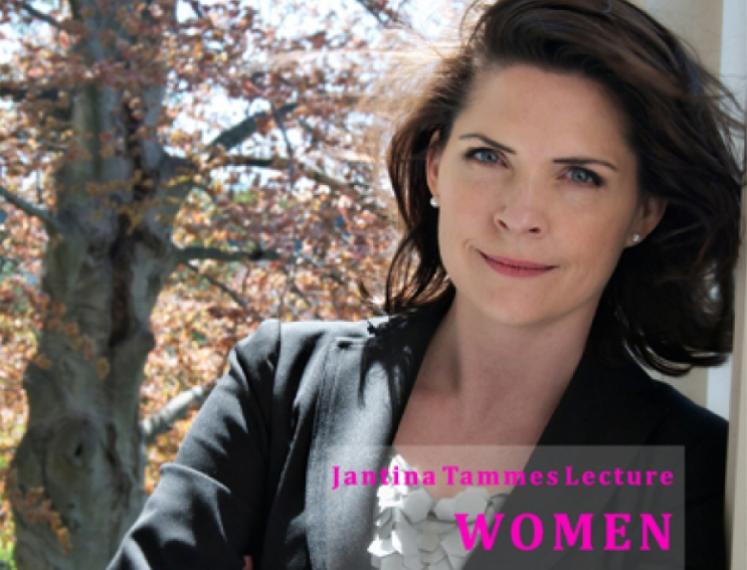Agression is a Fact of Life
A world without physical aggression would not necessarily be a paradise, says Richard E. Tremblay, brushing aside generations of received wisdom about violence. Aggression is a basic fact of life and must be mastered through socialization. We’re all disposed to aggression from birth, as a way of finding food or fending off attack. In fact, the human race would never have survived without aggression
For the past 25 years Tremblay has conducted a program of longitudinal studies on the physical, cognitive, emotional and social development of children from conception to adulthood. One of his major focuses has been the study of the development and prevention of antisocial behaviours. Tremblay believes that education helps children learn to temper their aggressive tendencies. The number of violent acts peaks around the age of 20 months and then declines, even if the child is exposed to more violence later on. There are no cases in which teens, who showed no signs of aggression in early childhood, suddenly became aggressive when they grew up.
Indirect aggression begins at the age of three or four, when children start to form groups. Girls are more likely than boys to resort to verbal aggression. A possible explanation is that cognitive development occurs at an earlier age in girls. Studies show that the children most at risk of developing violent behaviour are those with aggressive parents who fail to teach them impulse control. Aggressive behaviour that is genetically-based is blurred by socialization, but not the temperament per se.
Richard E. Tremblay is professor of paediatrics, psychiatry, and psychology at the University of Montréal, and Canada Research Chair in Child Development. He is the is the co-editor of Developmental Origins of Aggression (Guilford Press) with Willard Hartup and John Arch.
Professor Tremblay is an advisory board member of the Canadian Institute of Human Development, Child and Youth Health (IHDCYH), and a member of one of the USA National Institute of Health planning committees for a longitudinal study of 100,000 pregnant women. This study is expected to follow the children's development for at least 30 years. As Molson Fellow of the Canadian Institute for Advanced Research, Dr. Tremblay is a member of its Human Development program. He is also a Fellow of the Royal Society of Canada.
Prof.dr. J. Ormel is professor of social psychiatry at the University Medical Center Groningen. Together with Frank C. Verhulst, professor of child and adolescent psychiatry at the Erasmus Medical Center Rotterdam, he is principal investigator of TRAILS , a longitudinal study on the development of physical and mental health and social behavior from preadolescence into adulthood. This project started in 2001 and will continue until 2015.


